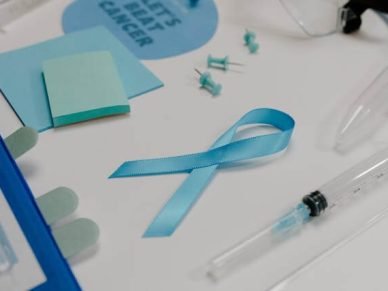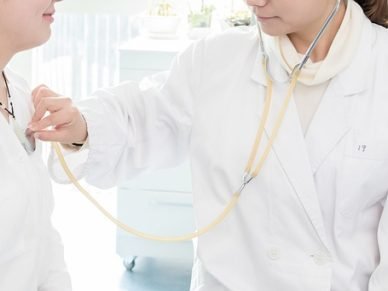Best Practices for Securing What You Need

Whether you’re conducting groundbreaking healthcare studies or routine medical experiments, having the right chemical samples is critical. In the healthcare field, accurate research can lead to life-saving treatments, but obtaining those samples isn’t always straightforward. There are strict regulations to follow, safety concerns to address, and the challenge of ensuring the quality of the samples themselves, especially when patient health is at stake.
Healthcare researchers often face difficulties finding reliable suppliers, managing import/export restrictions for sensitive materials, and ensuring proper storage to maintain sample integrity. To avoid delays or compromising the quality of your research, it’s essential to follow best practices for obtaining chemical samples in healthcare studies.
That’s what we’ll discuss in this article, so let’s begin!
Find Reputable Suppliers with Certified Quality Control
Finding a trustworthy supplier is crucial to secure high-quality chemical samples. Not all suppliers are equal, so research is essential.
Start by looking for suppliers who adhere to international quality standards, such as ISO certifications. Certified suppliers often have strict quality control procedures, ensuring that their samples meet purity and composition requirements.
Reputable suppliers will also provide you with a Certificate of Analysis (CoA), which details the chemical properties and testing done on the sample. This document is vital to ensure you’re getting exactly what you need for your research.
Tip: Reach out to colleagues in the healthcare industry or online research communities for supplier recommendations. Peer referrals can save time and help avoid future quality issues.
Understand the Legal Requirements for Shipping and Handling
Shipping chemical samples comes with strict legal requirements that you must follow. Each country has its own rules, especially when it comes to hazardous materials. Before placing an order, check the regulations for your country and the supplier’s location. Failing to comply with these rules can result in delays, fines, or even confiscation of your samples.
Make sure your research chemicals free samples provider uses shipping methods like International Registered Airmail. This service provides tracking and ensures the safe delivery of your samples. It’s also a great option for handling sensitive or regulated chemicals.
Make sure you and your supplier understand any restrictions on storage and handling during transit. Safe delivery starts with proper packaging and clear labeling.
Prioritize Sample Size and Quantity Wisely
One common mistake medical researchers make is ordering either too much or too little of a chemical sample. While buying in bulk to save money may be tempting, this can lead to unnecessary waste or storage issues.
Some chemicals degrade over time or require specific conditions to remain viable. On the other hand, ordering too little can result in research delays if you run out and need to reorder. Take stock of how much of the sample you realistically need for your research and calculate for any potential repeat experiments. Most suppliers allow custom quantities, so don’t be afraid to ask.
Tip: Start small if you’re unsure about a chemical’s shelf life or usage in your study. It’s always easier to order more later than to deal with excess or degraded samples.
Ensure Proper Documentation and Labeling
Once you’ve received your samples, it’s essential to have proper documentation in place. This not only includes the CoA from your supplier but also detailed labels for each sample that clearly state the chemical composition, expiration date, and storage conditions.
Some research institutions even require researchers to maintain meticulous records of sample usage, so keeping track of where, when, and how the sample was used is important for compliance. Proper documentation will also make it easier to reproduce your research results later, especially if you’re working in a collaborative environment.
Pro Tip: Use digital tracking tools for easier management of chemical inventories. Many labs use inventory software to efficiently monitor usage, storage, and reordering schedules.
Build Strong Relationships with Suppliers
Last but not least, building a strong relationship with your chemical supplier can lead to long-term benefits, such as better pricing, faster shipping, and priority access to rare chemicals. Reliable suppliers often offer consultations to ensure you’re selecting the right products for your needs.
By maintaining open communication with them, you can stay updated on new product releases, alternative chemicals, or any regulation changes that could impact your research. It can also help resolve any issues with your order quickly and efficiently.
In addition to this, regularly provide feedback to your suppliers about their service and the quality of the chemicals. Suppliers value constructive feedback and are often more willing to provide personalized support to researchers who communicate regularly.
To Sum It All Up
Securing chemical samples for healthcare research is a critical step in ensuring the success of your experiments and medical studies. By following the best practices discussed in this article, you can avoid many common pitfalls that could impact your findings. Keep your healthcare research running smoothly by ordering the correct amount of chemicals, working with certified suppliers, and staying informed about the latest industry regulations. A little extra effort upfront will result in reliable samples and, ultimately, better outcomes for your research and patient care.
















Leave a Reply